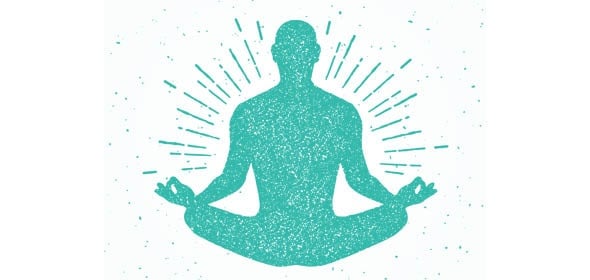
Paying attention is an art you can learn.
Over the last few decades, "mindfulness"-based approaches have become a well-researched and used modality in a number of different conditions. Using imaging technology, researchers have found, for example, that significant changes occur in the white matter of the brains of people who learned "mindfulness meditation”.
What is mindfulness?
Mindfulness is the art of paying attention, moment to moment, without judgement.
Have you ever noticed that your mind is seldom where you are? The more we begin to notice, the more we realise that the mind is often hanging out in the future or in the past. We can be running a stream of commentary in our minds that perpetually places us some distance away from the lives we’re actually living.

The good news is that, like anything we practise, we can learn to become more present in our lives.
Do this by setting time aside each day to do some kind of formal mindfulness practice (e.g. yoga or meditation), or practise informally by being more present in every moment of your life. Mindfulness may also help with physical and psychological conditions.
Researchers have discovered that the brain is actually neuroplastic and that it can indeed change.
This is both good and bad news: if we practise habits that move the brain in a negative direction, then these are the pathways that will be increased. If we practise habits that shift the right parts of the brain, we’ll experience more positive states. Mindfulness meditation has an impact on the parts of the brain that control fear, happiness and better emotional management.
More good news is that these brain shifts can be evident in just eight weeks of practice.
A simple exercise in mindfulness:
1. Find a quiet and comfortable place. Sit in a chair or on the floor with your head, neck and back straight, but relaxed.
2. Become aware of your breathing. Focus on the sensation of air moving in and out of your body as you breathe.
3. When thoughts come up in your mind, don't ignore or suppress them, but simply take note of them. Observe where your mind went off to, without judging, and simply return to your breathing. Remember not to be too hard on yourself if this happens.
4. Set your alarm and practise 10 minutes of this when you wake up, or when you go to sleep (or both).
5. Practise 10 minutes of mindful breath awareness. This can be done at any time of the day. Experiment and see what time works best for you. Over time, you can expand this to 30 or 40 minutes.





 Publications
Publications
 Partners
Partners










